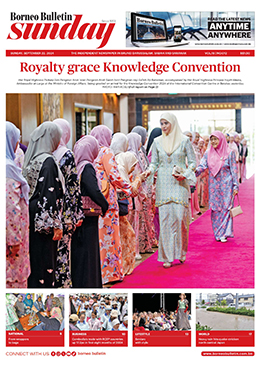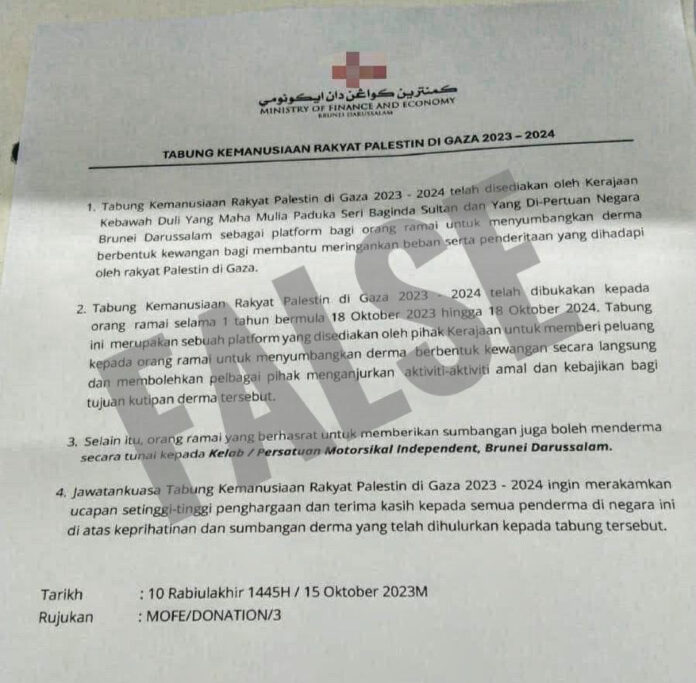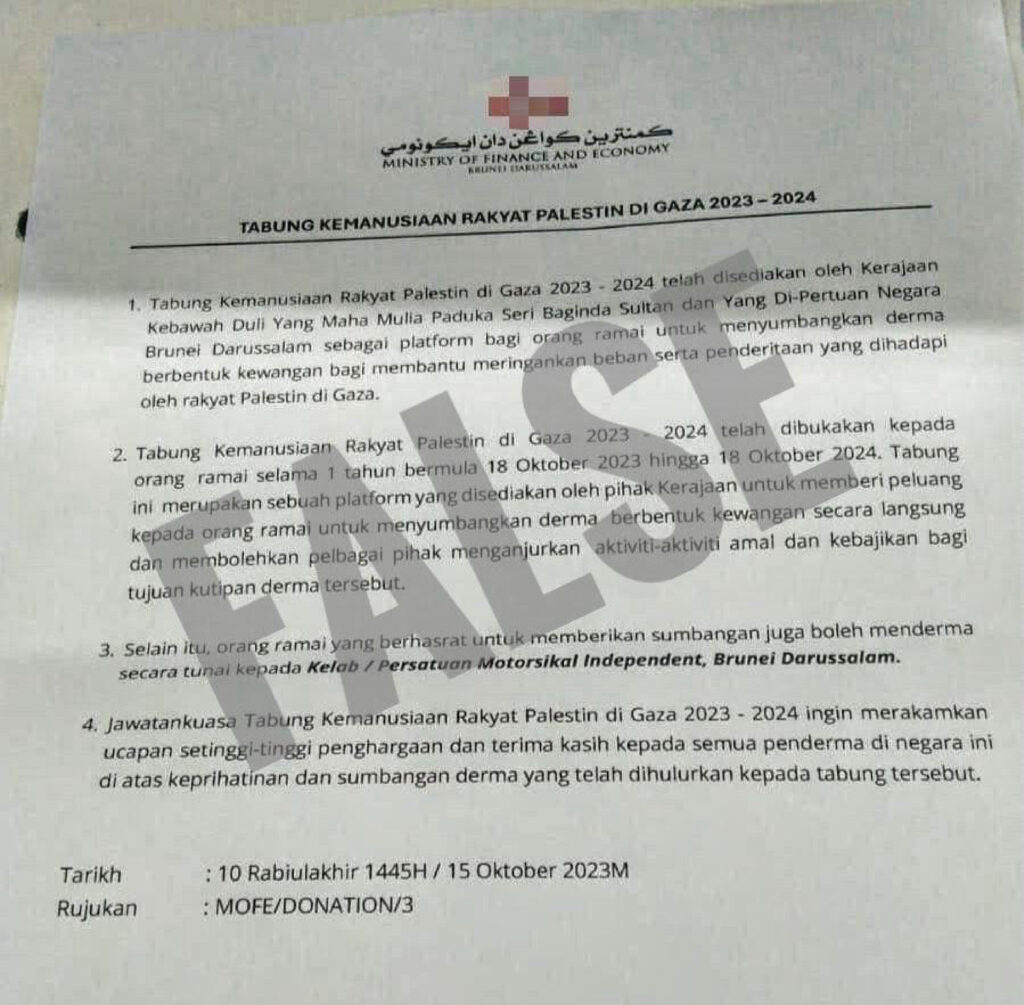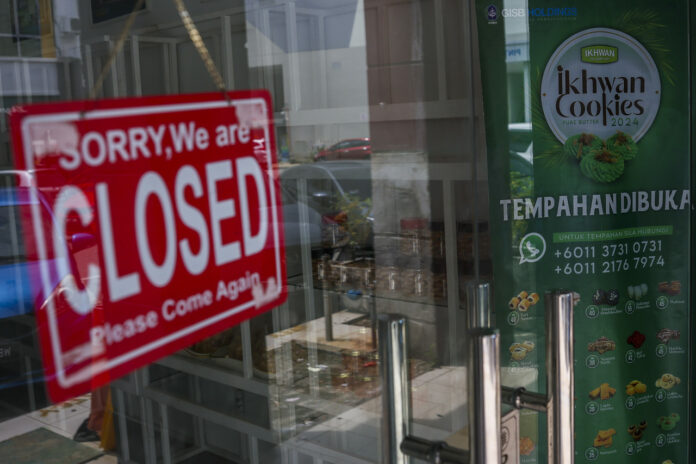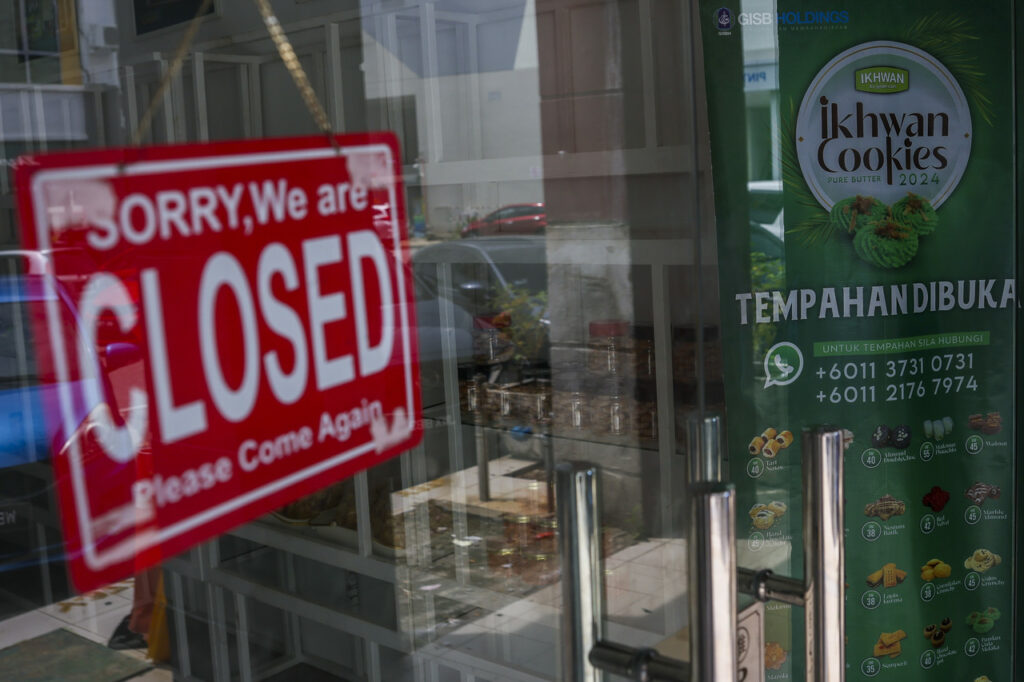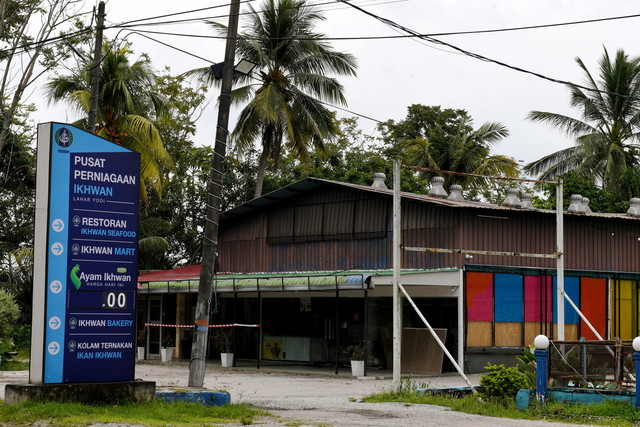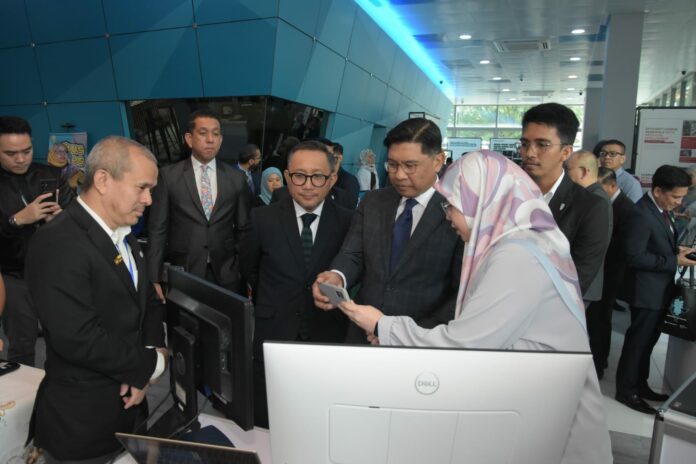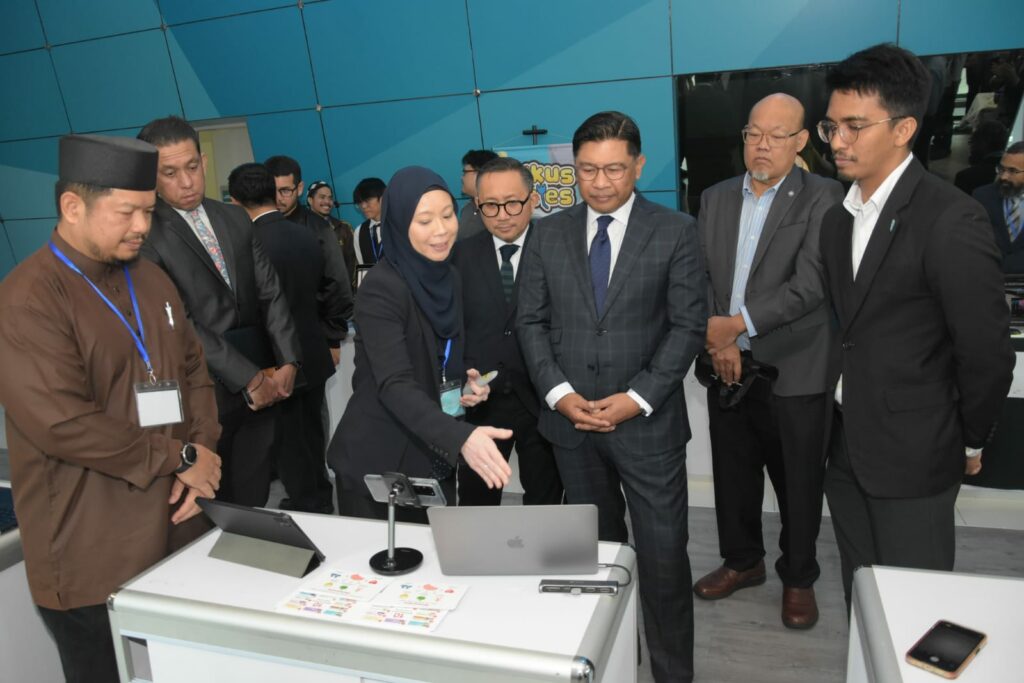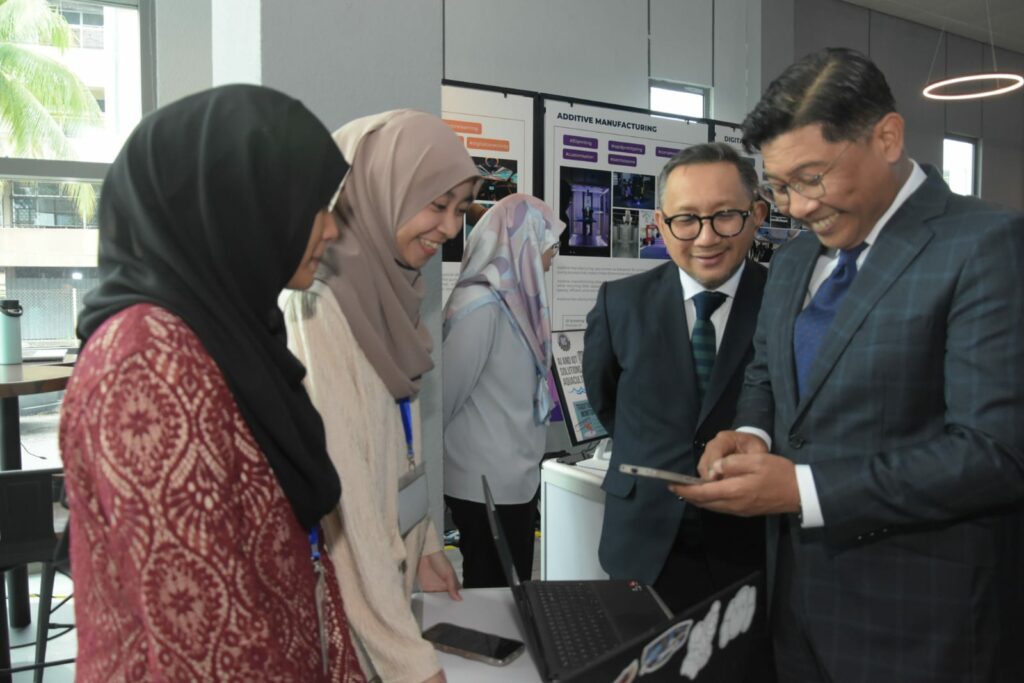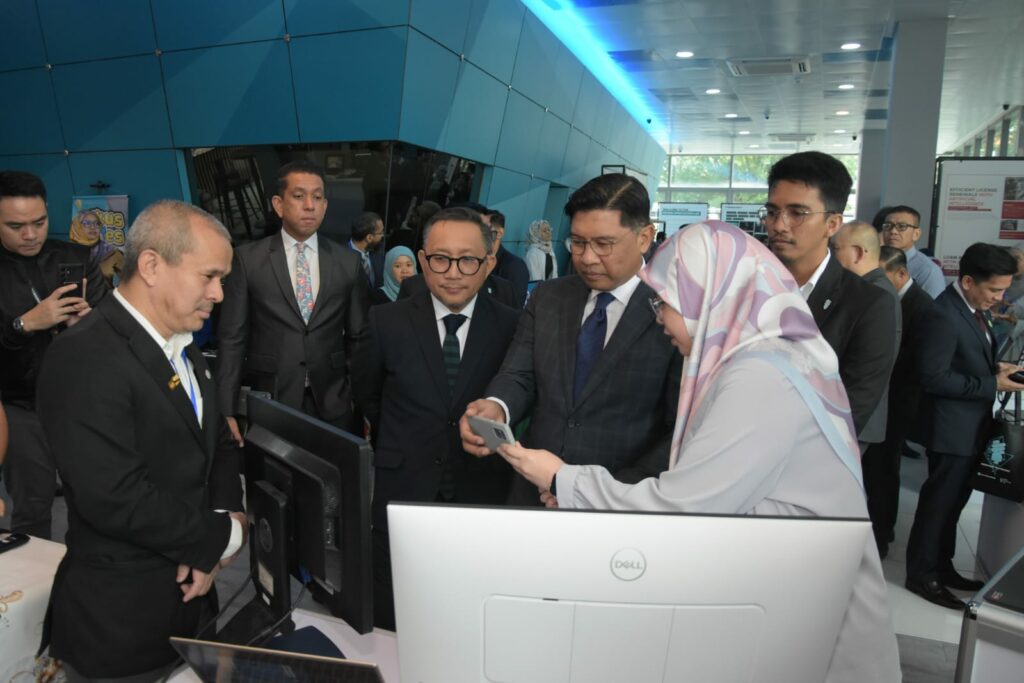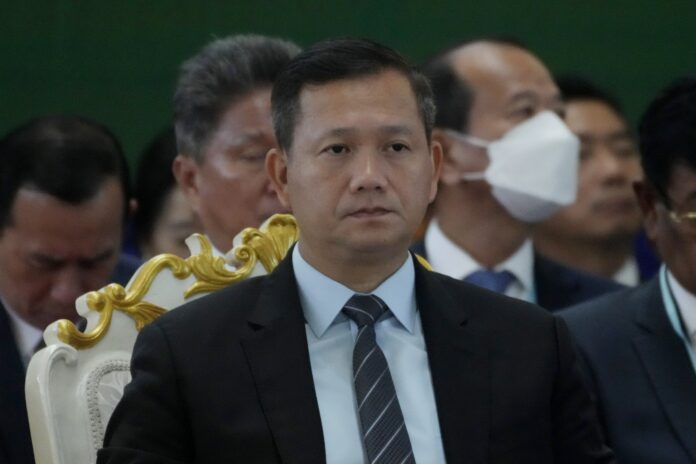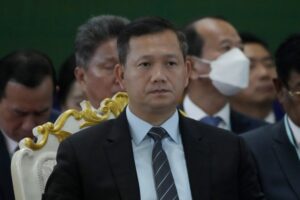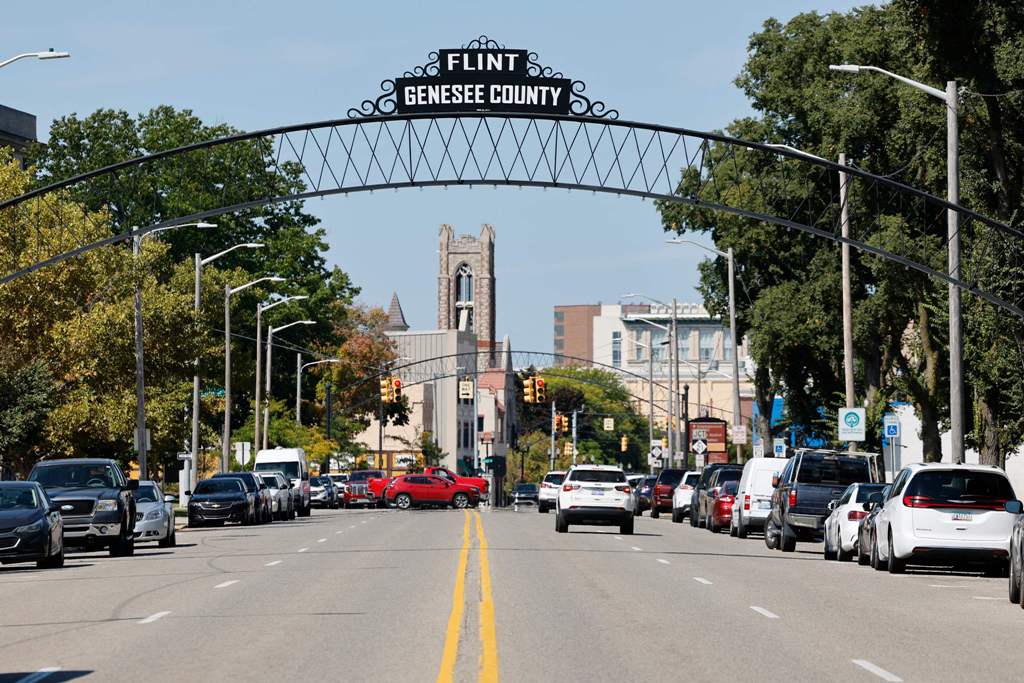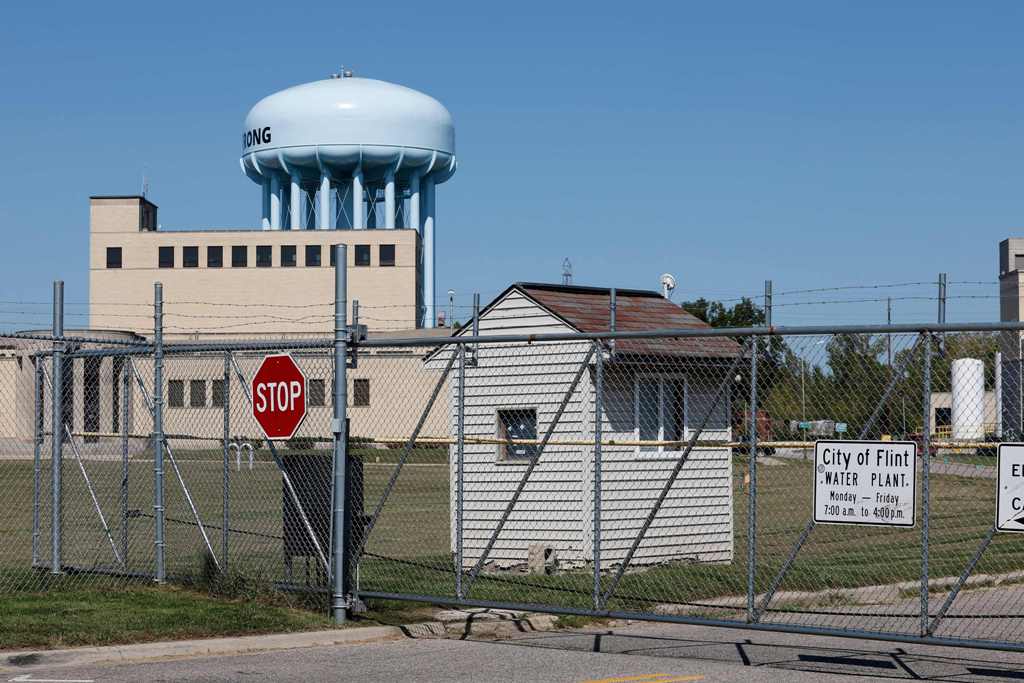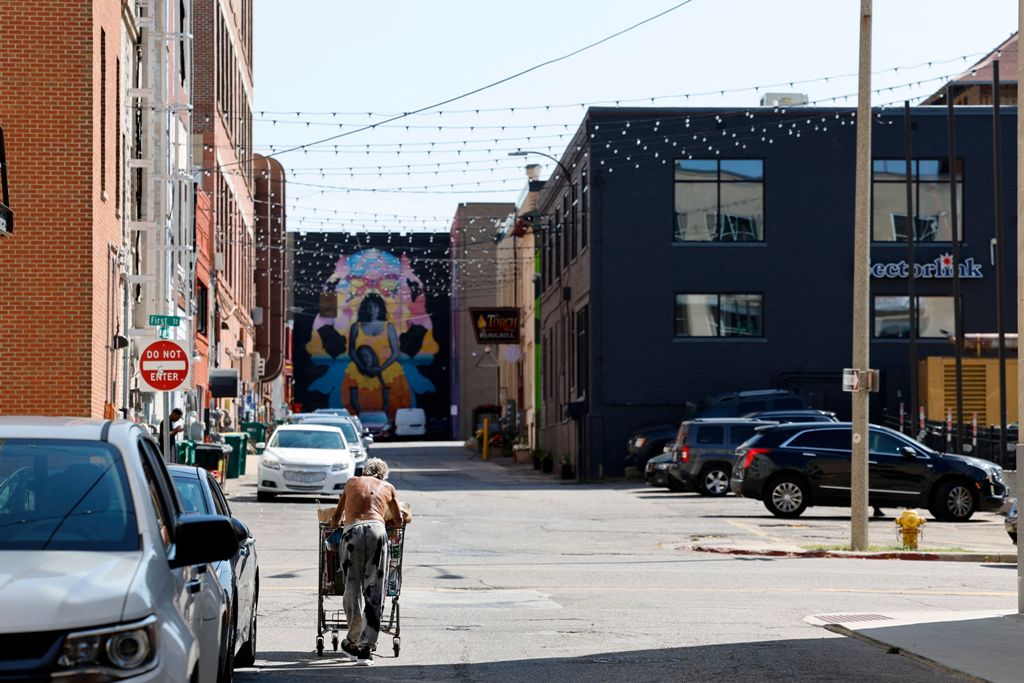WASHINGTON (AP) – With the 2024 election looming, the first since the mass popularisation of generative artificial intelligence, experts feared the worst: social media flooded with AI-generated deepfakes that were so realistic, baffled voters wouldn’t know what to believe.
So far, that hasn’t happened. Instead, what voters are seeing is far more absurd: A video of former President Donald Trump riding a cat while wielding an assault rifle. A mustachioed Vice President Kamala Harris dressed in communist attire. Trump and Harris sharing a passionate embrace.
AI is playing a major role in the presidential campaign, even if the greatest fears about how it could threaten the US presidential election haven’t materialised yet. Fake AI-generated images regularly ricochet around the web, but many of them are so cartoonish and absurd that even the most naïve viewer couldn’t take them seriously.
Still, even these memes can be problematic. Eye-catching AI-generated photos and videos, some striving to be funny, have become useful tools for spreading false, sometimes racist messages with a clear political bent – and candidates and their supporters are among those sharing them on social media.
For example, Trump and many of his allies not only repeatedly promoted the unfounded conspiracy theory that Haitian migrants are stealing and eating cats and dogs in Springfield, Ohio, they also spread related AI-generated memes. One shared by Trump’s Truth Social account showed him on a luxury jet, surrounded by cats and white ducks. Another showed a group of kittens holding a sign that read, “DON’T LET THEM EAT US, Vote for Trump!”
Francesca Tripodi, an expert in online propaganda, said such AI-made images are new, viral vehicles to carry age-old anti-immigration narratives.
“The memes that are amplifying this claim are anything but humorous. When you have elected officials who are utilising this imagery as a way of perpetuating racism and xenophobia, that’s a huge problem,” said Tripodi, a sociologist at the University of North Carolina at Chapel Hill.
Republicans defend the images as lighthearted jokes – and byproducts of Trump’s personality. “There is a culture of personality surrounding Donald Trump that encourages that sort of over-the-top communication style that turns things into comical memes,” said Caleb Smith, a Republican strategist. “The intent is to entertain, not to deceive. That is what it should be.”
Not just Trump supporters
Trump and his supporters aren’t the only ones creating AI memes, but they appear to be using AI image generators more than their Democratic counterparts. Some left-leaning users have posted AI images making fun of billionaire Elon Musk, the owner of X and an outspoken supporter of Trump’s campaign.
Democrats also posted AI-generated images of Trump in handcuffs and being chased by police when he was in court in Manhattan last year.
But Kamala Harris’ campaign has not leaned into amplifying AI-generated content, sticking instead to TikTok trends and other memes that don’t require AI models to create.
“Currently, the only authorized campaign use of generative AI is for productivity tools, such as data analysis and industry-standard coding assistance,” said Harris campaign spokesperson Mia Ehrenberg.
Trump campaign spokesman Steven Cheung did not respond to specific questions from The Associated Press but said its strategy had not changed since May, when he provided an emailed statement saying the campaign did not “engage or utilise” tools supplied by any AI company.
Using fake, entertaining, often preposterous images to score political points is hardly new. But unlike cobbled-together Photoshop images or political cartoons, AI-generated images pack a stronger punch with their hyperrealism and can draw new attention to a political message.
While some of the images related to pets in Springfield were cartoonish and silly, many felt they perpetuated a damaging conspiracy theory about a community that has since received bomb threats prompting evacuations of schools and government buildings.
“Memes that are obviously parody are one thing. It’s another where it’s obviously intended to deceive,” said Rep. Adam Schiff, a California Democrat and vocal Trump critic. “And we already see the Trump campaign really blurring the line.”
AI makes it easy
The speed and accessibility of generative AI tools make it easy to create outlandish political content that can drive clicks and likes. With AI image generators accessible to anyone with an internet connection, they are a cheap and convenient way for campaigns to respond to online trends and hammer home a message.
“Campaigns have had to deal with disinformation and misinformation for a very long time. … It’s not a new problem. But obviously what AI allows is for this stuff to do done more rapidly, perhaps more convincingly, and in a more targeted environment,” said Teddy Goff, the digital director of Barack Obama’s 2012 reelection campaign.
Paul Ingrassia, a New York-based political commentator and lawyer, said he spun up a viral image of Trump emerging from a lion’s den in seconds by prompting Grok, then dropped it into his newsletter and sent it to Trump campaign staffers. Trump’s Truth Social account posted Ingrassia’s newsletter, including the image, that day.
“I got a message from my point of contact with the president and they said: ‘The president loved the image, how did you make it? Who created it?’ And I said: ‘Oh, I did. I made that for the article,'” Ingrassia said. “And he said, ‘Keep up the great work, he loves it.'”
The use of AI for political satire and propaganda isn’t limited to the US and has been observed in elections from Indonesia to the Netherlands.
More sinister deepfakes also have sought to influence races around the world. In Slovakia last year, AI audio clips impersonated the liberal party chief talking about rigging the vote days before parliamentary elections. In New Hampshire’s primary in January, audio deepfakes of President Joe Biden were sent in robocalls to Democratic voters, urging them not to vote. The incident was quickly publicised and resulted in criminal charges.
Trump’s embrace of AI-generated images counters some of his past commentary. In an interview on Fox Business this year, Trump called artificial intelligence “very dangerous” and “so scary” because “there’s no real solution” to the issues created by the advancing technology.
And some Republicans have fretted about how Trump and the GOP are using AI to create political memes.
“I don’t engage in memes. I never have. I never will,” said Rep Brian Fitzpatrick, a Pennsylvania Republican in a competitive district outside Philadelphia. “I just don’t believe in it.”


